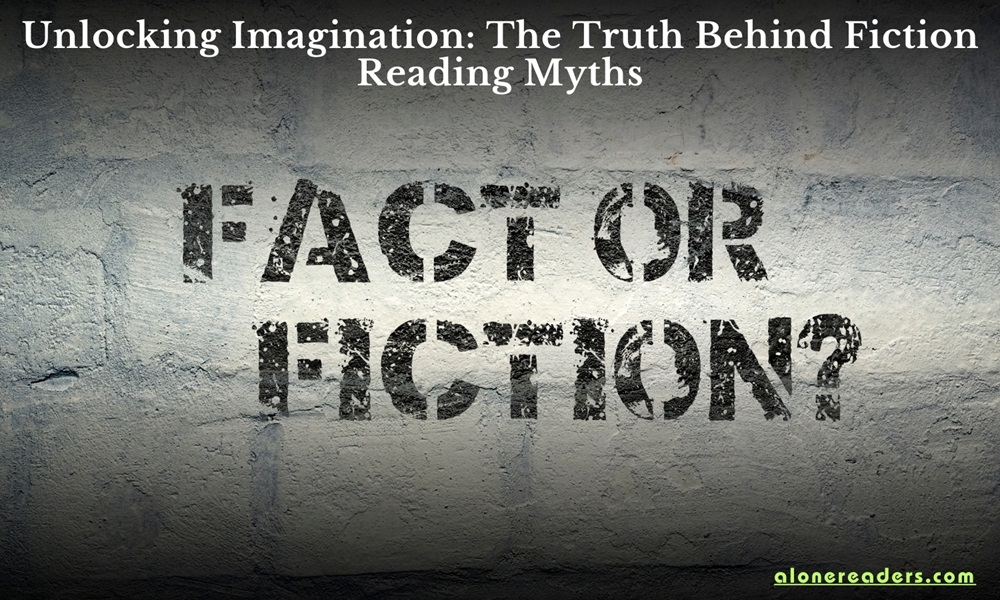
Reading fiction has been a beloved pastime for centuries, offering an escape into worlds of imagination and creativity. However, misconceptions about the value and impact of reading fiction persist. This article aims to debunk these myths, shedding light on the true benefits of immersing oneself in fictional narratives.
The Reality: Cognitive and Emotional Development
Contrary to the belief that reading fiction is unproductive, studies have shown that it plays a crucial role in cognitive and emotional development. Engaging with complex characters and plots enhances critical thinking, empathy, and emotional intelligence. Fiction provides a safe space for readers to explore different perspectives and understand diverse human experiences.
The Truth: Broadening Horizons and Cultural Awareness
Fiction, often dismissed as mere storytelling, is a powerful tool for learning. It exposes readers to different cultures, historical contexts, and societal issues. Through fictional narratives, readers gain insights into realities different from their own, fostering a broader understanding of the world.
Beyond Entertainment: Mental Health and Relaxation
While fiction is undoubtedly entertaining, its benefits extend far beyond. Reading fiction is a form of mental escape that can significantly reduce stress and anxiety. It offers a break from the pressures of daily life, providing a therapeutic effect. The immersive nature of fiction can also aid in improving focus and concentration.
Enhancing Real-Life Abilities: Communication and Empathy
Reading fiction can surprisingly enhance real-life skills. By engaging with characters' emotions and motivations, readers develop a deeper understanding of human behavior, which translates into improved communication and empathy in real-world interactions. This emotional intelligence is crucial in personal and professional relationships.
The Impact on Young Minds: Imagination and Moral Development
Children's fiction is often underestimated for its impact on young minds. These stories play a critical role in developing imagination, creativity, and moral reasoning. They introduce complex concepts like fairness, justice, and kindness in an accessible way, helping children navigate their understanding of the world.
The Enduring Relevance: Adaptability and Inspiration
In the digital age, the relevance of fiction remains strong. It adapts to changing times, offering stories through various mediums like e-books and audiobooks. Fiction continues to inspire other forms of media, such as films and video games, proving its enduring influence.
In conclusion, reading fiction is far from being a trivial pursuit. It is a gateway to personal growth, emotional intelligence, and a deeper understanding of the human experience. By debunking these myths, we encourage readers to embrace the transformative power of fiction, recognizing its role in shaping a more empathetic and imaginative society.